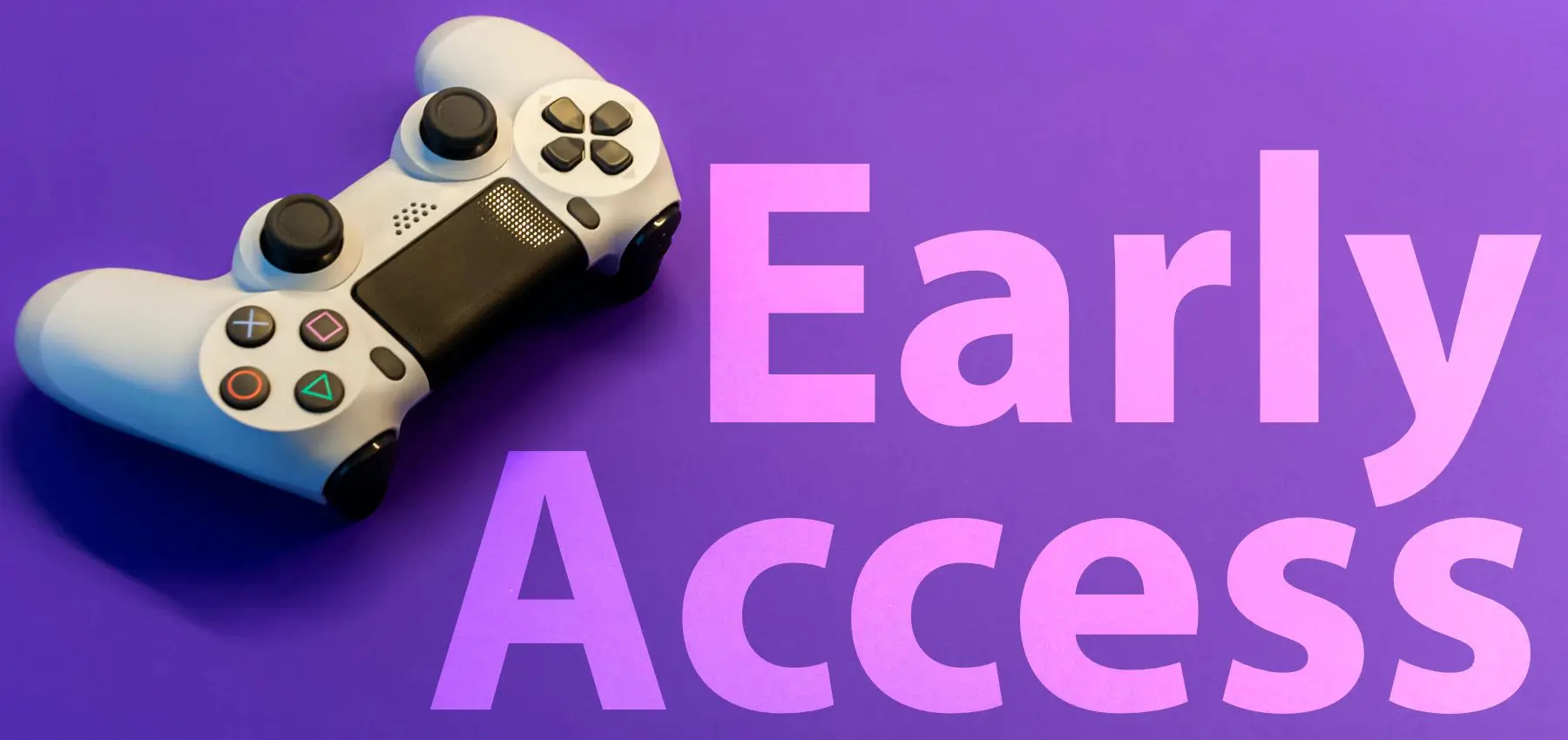Lately, we’ve found ourselves in the thick of the Early Access world; testing out games before their official releases, stumbling through buggy updates, and sometimes watching as entire communities shape a title over time. There’s a thrill in playing something unfinished, like getting a backstage pass to game creation. But what’s the Early Access meaning in games? Let’s dig beneath the surface, share some stories, and figure out what this trend really offers.
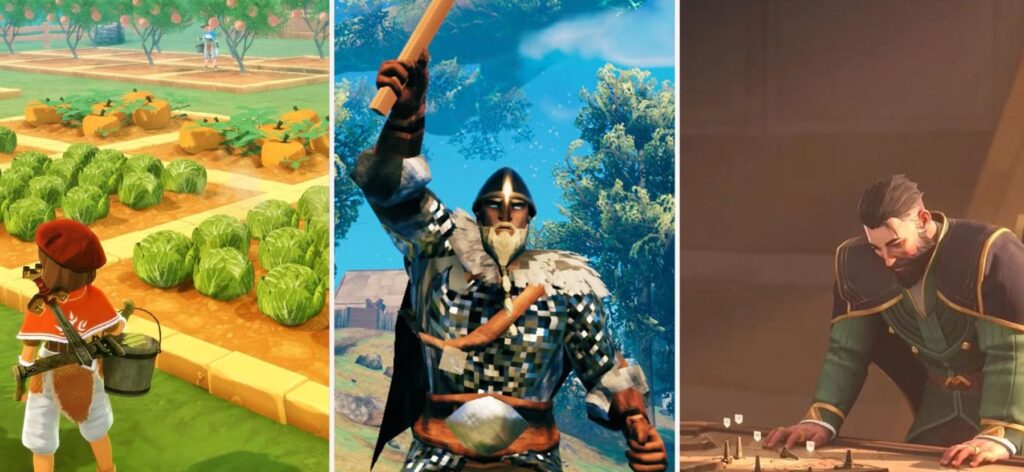
- Developers launch early access to raise funds and involve the community in shaping the game.
Early Access Meaning in Games
People toss around “Early Access” a lot, especially on Steam or in indie game chats. Simply put, Early Access is when developers sell and share their unfinished game with the public, often months (or even years) before the full version is ready. Instead of waiting for launch day, we get to jump in early, bugs and all, and even influence game direction. It isn’t just a fancy beta test; you’re paying for a living, evolving product.
1. Introduction: Why “Early Access” Matters in Modern Gaming
Over the last decade, Early Access has bloomed into a core part of modern gaming. Steam is famous for its bustling Early Access section, but you’ll find it everywhere, especially with indie games. In this article, we’ll explain what Early Access means, how it works, the perks (and pitfalls), and what players like us should keep in mind before buying in.
2. What Is ‘Early Access’ in Video Games?
In order to understand Early Access meaning in games, you have to realize that, unlike traditional “betas,” Early Access lets everyone (not just testers) purchase and play unfinished games. With each update, players might see new features, story missions, or a dash of chaos as bugs pop out. Feedback is a two-way street: devs listen to what we love, hate, or break, and pivot to make the game better. The big difference? You’re not just testing; you’re part of the process.
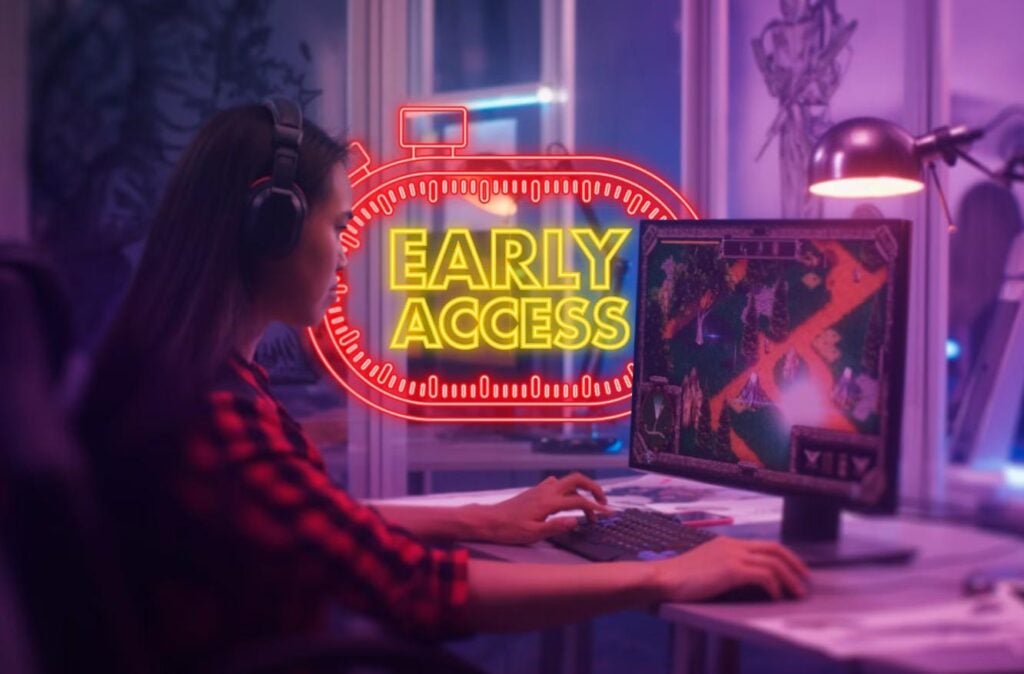
- Player feedback during early access can directly influence game mechanics and design.
3. Why Do Developers Use Early Access?
For many game creators, Early Access isn’t just a novelty; it’s a rescue raft. Those early sales pay bills, fund new features, and (sometimes) keep projects afloat. Real-world player feedback catches problems no small team could ever spot alone. Plus, there’s nothing quite like watching a tiny Discord channel blossom into a thriving, passionate community before the game’s even out.
4. How Does Early Access Work for Players?
Jumping into Early Access usually means buying into the project; sometimes at a discount compared to the final price. We get early builds, frequent updates, and even direct lines to the devs via forums, Discord, or open polls. Many studios genuinely listen to their communities, inviting suggestions, bug reports, and even new feature ideas.
5. Pros and Cons of Early Access
Speaking of Early Access meaning in games, there’s magic in discovering a hidden gem before everyone else, helping shape it along the way. Some perks:
- Play early, sometimes for less
- Your feedback shapes final features
- Tight-knit, buzzing communities
But we’ve learned to be cautious, too:
- Unfinished = frequent bugs, crashes, or missing features
- Some projects stall, change wildly, or never finish
- Communication really matters (and is sometimes lacking!)
A recent win: Hades, which became a masterpiece through Early Access. But there are let downs, like Godus, which left backers disappointed by slow updates.
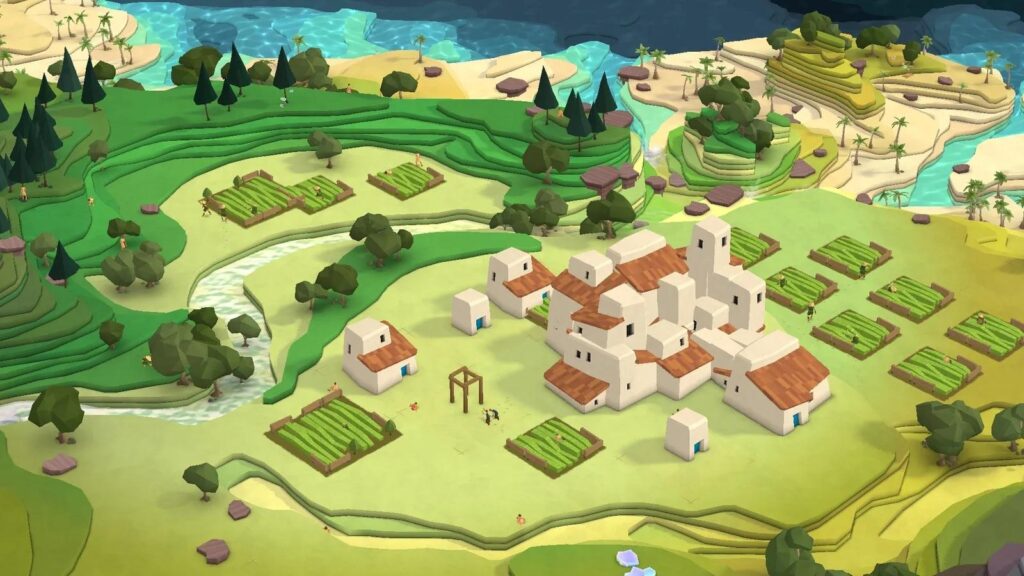
- Buying an early access game is a risk; you’re investing in a promise, not a finished product.
6. Famous and Notable Early Access Successes and Failures
Some Early Access games have left an undeniable mark:
- Hades started in Early Access, then swept Game of the Year lists.
- Subnautica: players watched a survival ocean adventure transform, bug by bug.
- Dead Cells: rogue-lite action that took fan feedback to heart.
- Minecraft: the king of Early Access, blooming from test builds into a worldwide phenomenon.
But others, like Spacebase DF-9, fizzled out with unfinished features and frustrated fans. The difference? Transparent updates, listening, and real progress.
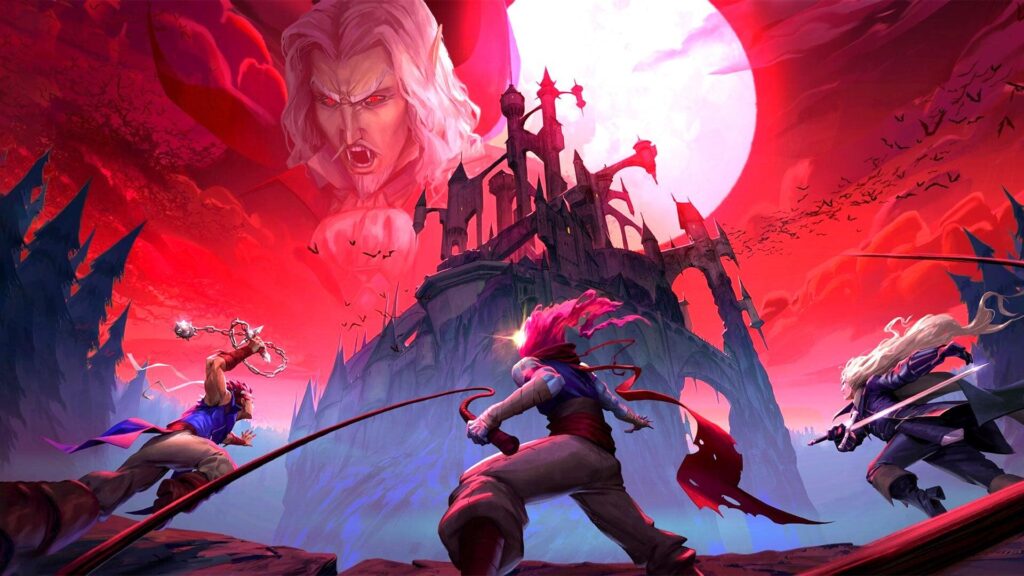
- Many indie developers rely on early access to test ideas and build a loyal fanbase.
7. Tips for Gamers: Should You Buy an Early Access Game?
Additionally, in order to fully comprehend Early Access meaning in games, before you hit “buy,” you should always check:
- Dev reputation and project history
- Recent community reviews and discussions
- Active development and update logs
- Refund policy (Steam offers one if you act fast!)
- Transparency in forums/Discord (do the devs answer questions?)
Setting your expectations for some bumps (and maybe surprises) goes a long way.
8. Early Access vs. Beta, Alpha, and Open Demos: Know the Difference
Unlike beta or alpha tests (which are generally free, limited-time, and locked-in features), Early Access means you’re buying an in-progress product and are promised ongoing updates. Demos show a slice; alphas/betas test for bugs, but Early Access, at its best, is a full journey, not just a sneak peek.
9. In the End: The Evolving World of Early Access Gaming
Early Access meaning in games is sometimes a thrilling sneak peek, sometimes a rough draft that never gets finished. But the excitement of helping shape a game makes it unlike anything else in gaming. We’d love to hear: which Early Access games have you loved, regretted, or helped shape? Share your stories in the comments!
Learn about the inside out of video games world and industry via Gamerative.
FAQs About Early Access Games
Q1: Will my progress in Early Access carry over to the full release?
Usually, but sometimes big updates reset accounts or saves; best to read the game’s update logs before investing time!
Q2: Are consoles getting more Early Access games?
A few do: Xbox’s Game Preview program and PlayStation’s early test launches, but most Early Access projects still show up on PC first.
Q3: Can Early Access games disappear from stores?
Yes, if the project is canceled, replaced, or merged, games may vanish, though refunds might not always be available.
Q4: Are there risks to buying Early Access games as gifts?
Definitely; friends may get unfinished or unstable builds, so be clear about the status when gifting.

